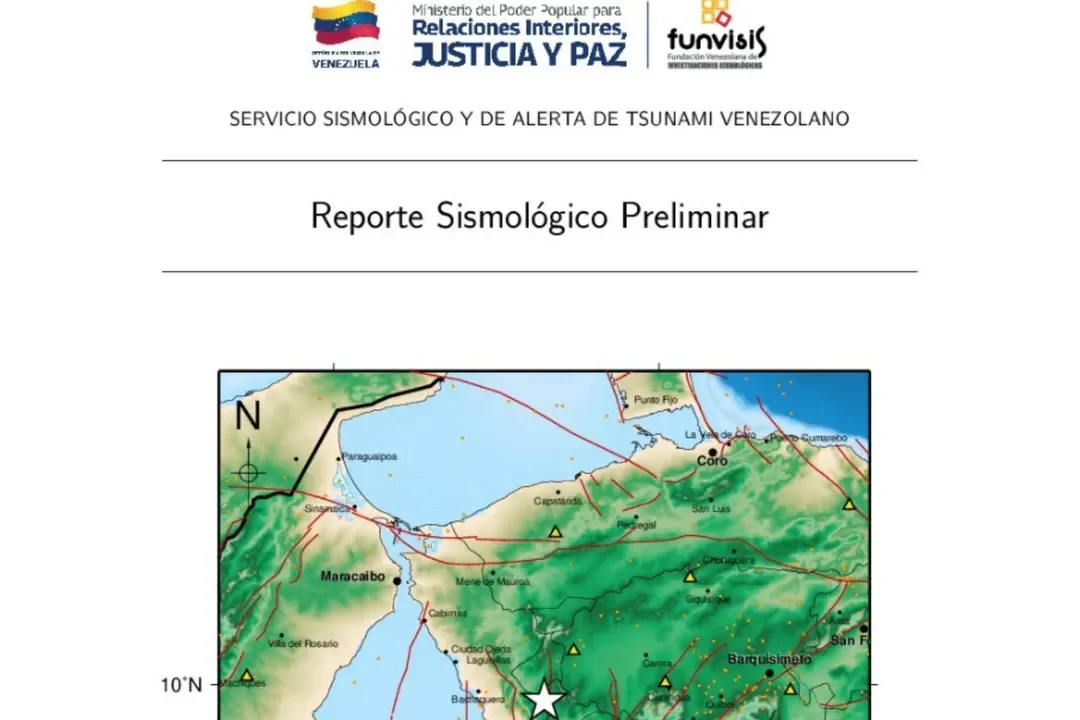The Venezuelan migration crisis has been classified by the OAS and UNHCR as the largest in the history of the Western Hemisphere in the last 50 years. Photograph: Archive.
Guacamaya, May 20, 2025. Venezuelan migration is facing a new wave that threatens to significantly increase the size of the diaspora. According to a survey by the firm Delphos for the Center for Political and Government Studies at UCAB, 3.7 million Venezuelans have decided to leave the country or are considering doing so in the short term.
Of the 3.7 million potential migrants, 1.2 million have already made the definitive decision to leave the country, while another 2.5 million are seriously considering that possibility. However, 78% of Venezuelans do not currently contemplate emigrating. The Venezuelan Diaspora Observatory estimates that with these projections, the number of migrants since 2013 could exceed 10 million.
Reasons behind the exodus
This migratory trend is largely explained by the persistent economic crisis, lack of job opportunities, insecurity, and political uncertainty that continue to affect the population. The reasons driving Venezuelans to leave their homeland are multiple and profound:
- 45.5% of those considering emigrating see no possibility of positive change in the country.
- 35% cite the economic crisis as the main reason.
- 8.2% point to insecurity.
- 7.3% seek educational opportunities abroad.
- 4.1% highlight deficiencies in public services.
According to Roberto Briceño León, director of the Social Sciences Laboratory (Lacso), these factors are compounded by political crisis and repression. These aspects have also been decisive, especially for those who feel persecuted or lack guarantees of fundamental rights.
Preferred destinations and changes in migration routes
Venezuelan migration has undergone a transformation regarding destinations. While Latin America remains the main recipient, a shift in preferences is observed:
- Spain is positioned as the most attractive destination, with 22.7% preference among those planning to emigrate.
- Chile ranks second (15%), although episodes of xenophobia have raised concerns.
- The United States, traditionally the preferred destination, is now the third option (13.6%) due to recently imposed migration restrictions.
- Other relevant countries include Brazil (11.4%), Colombia (10.9%), Argentina (8.6%), and Peru (2.3%).
The Venezuelan exodus represents not only a challenge for Venezuela but also for host countries. According to the International Monetary Fund, the integration of Venezuelan migrants could contribute up to 4.5 percentage points to the GDP of recipient economies in Latin America by 2030, provided effective integration policies are implemented.







